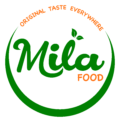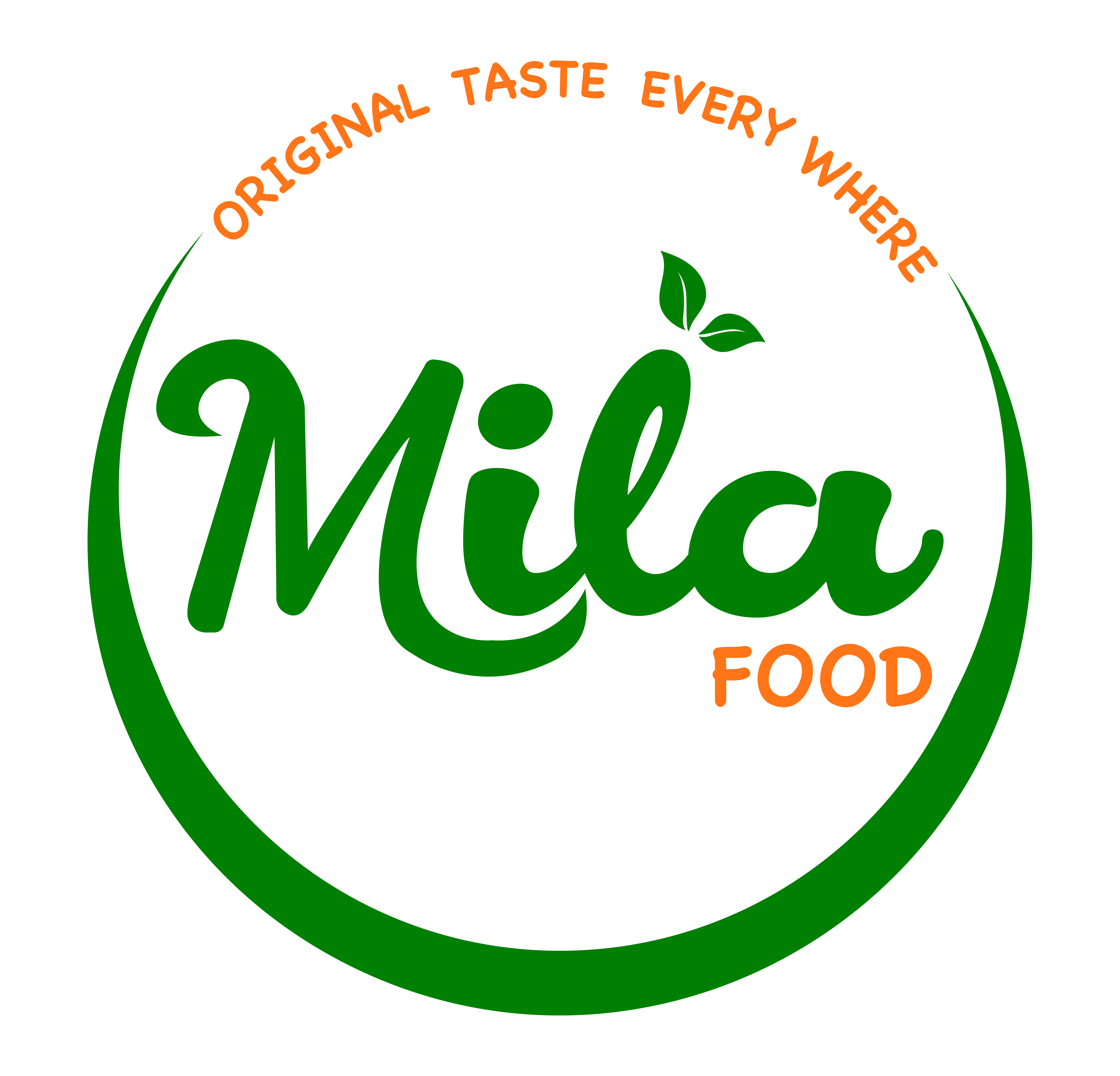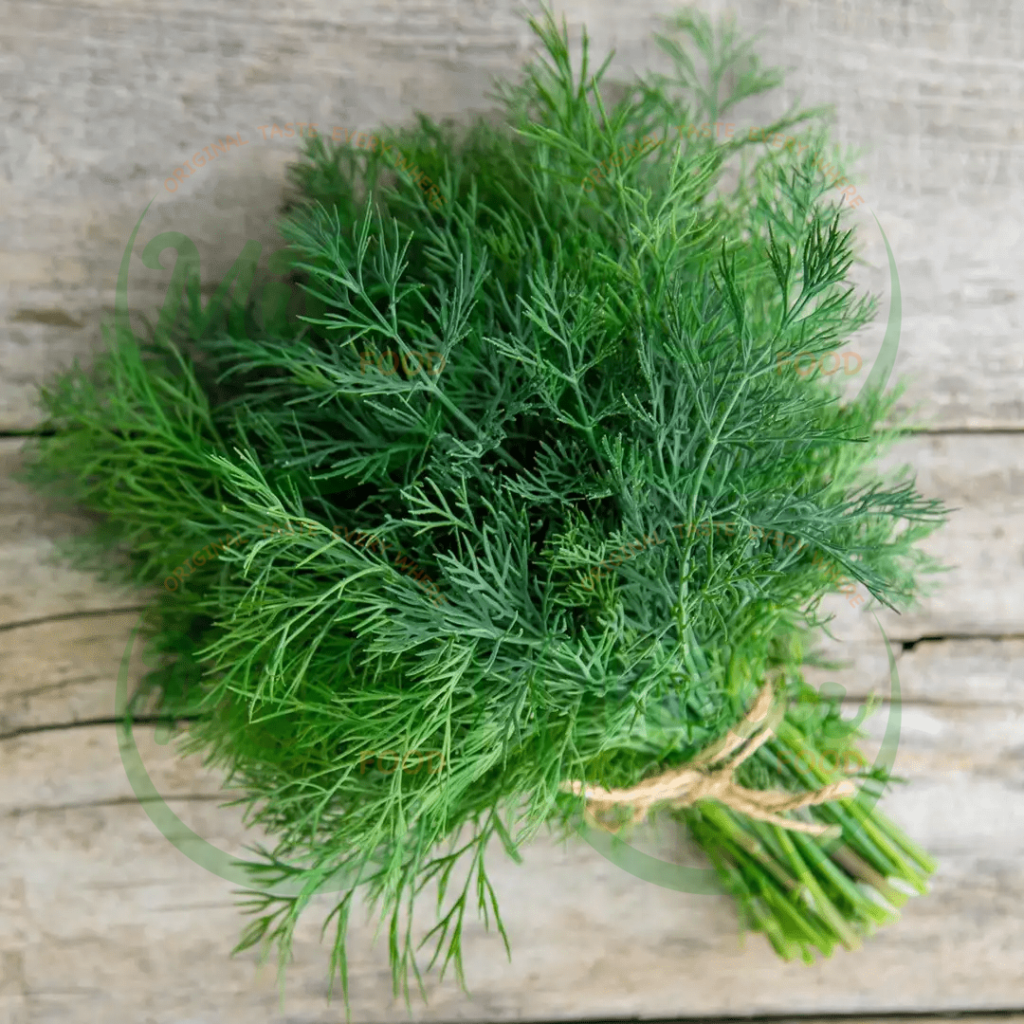
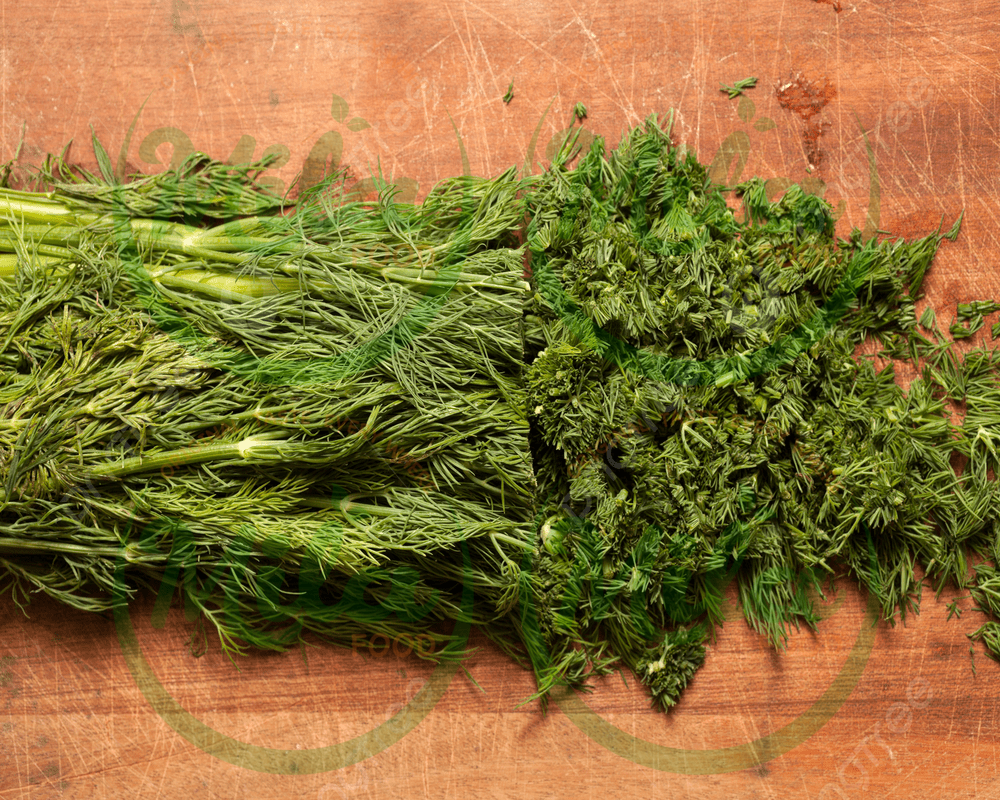
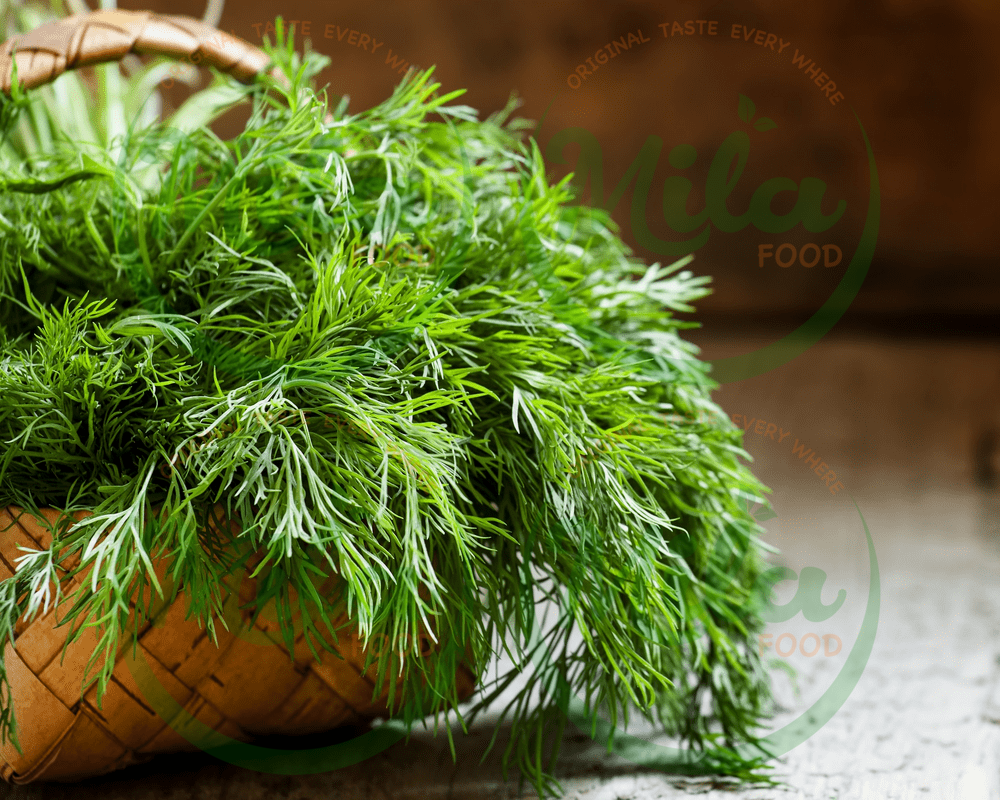
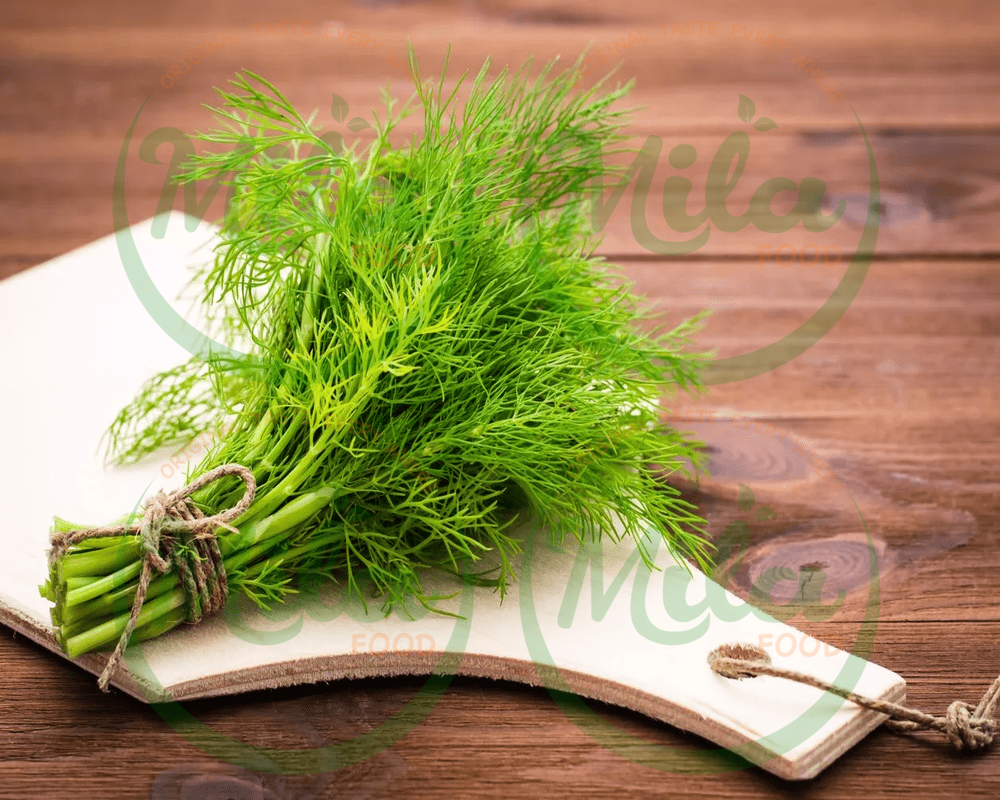
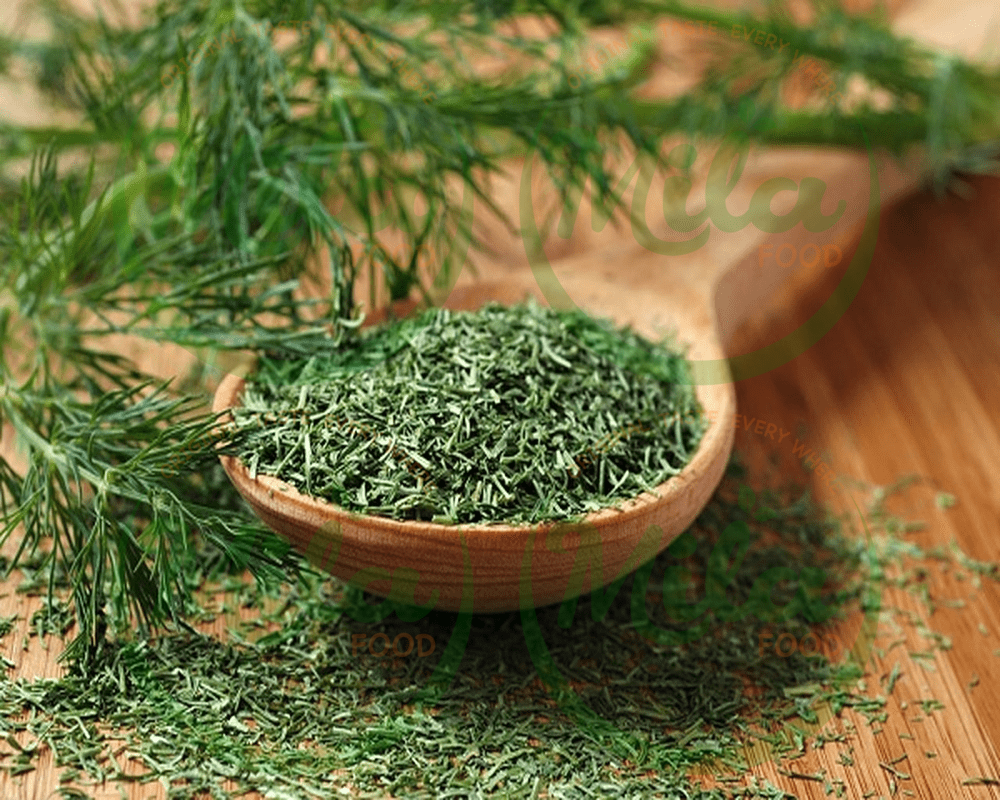
Egyptian Dill, where delicate fronds and aromatic seeds converge to create a symphony of flavor. With its rich history and culinary versatility, Egyptian dill has left an indelible mark on the tapestry of global cuisine. Join us as we uncover the unique characteristics, culinary uses, and nutritional benefits of this beloved herb.
History and Origins: Egyptian dill, known scientifically as Anethum graveolens, traces its roots back to ancient civilizations along the Nile River. Revered for both its culinary and medicinal properties, dill has been cultivated in Egypt for millennia. References to dill can be found in ancient Egyptian texts, highlighting its significance in culinary rituals and herbal remedies. Today, Egyptian dill continues to flourish in the fertile soil of the Nile Delta, embodying centuries of cultural heritage and culinary tradition.
Appearance and Flavor Profile: Characterized by feathery green foliage and delicate yellow flowers, Egyptian dill offers a visual and aromatic feast for the senses. Its flavor is a harmonious blend of fresh, grassy notes with a subtle hint of anise-like sweetness. Whether used as a garnish or infused into dishes, dill imparts a refreshing and uplifting quality that enhances a wide range of culinary creations.
Culinary Uses and Applications: Egyptian dill is celebrated for its culinary versatility, lending its distinctive flavor to an array of dishes from around the world. The feathery leaves, known as dill weed, are prized for their aromatic freshness and are commonly used to flavor salads, soups, sauces, and seafood dishes. Meanwhile, dill seeds add a warm, citrusy undertone to pickles, bread, rice dishes, and spice blends, elevating the complexity of flavors with their subtle yet distinctive presence. Whether employed as a seasoning or a garnish, Egyptian dill adds a burst of flavor and visual appeal to any culinary creation.
Nutritional Benefits: Beyond its culinary charm, Egyptian dill offers a treasure trove of nutritional benefits. It is rich in vitamins and minerals, including vitamin C, vitamin A, potassium, and iron, which support immune function, vision health, and overall well-being. Additionally, dill contains unique compounds like flavonoids and monoterpenes, which possess antioxidant and anti-inflammatory properties. Incorporating Egyptian dill into your diet not only enhances flavor but also provides a nourishing boost to your health and vitality.
Cultivation and Sustainability: Egyptian dill thrives in the warm, sunny climate of Egypt, where it is cultivated using traditional farming methods passed down through generations. Sustainable agricultural practices ensure the preservation of soil fertility and biodiversity, safeguarding the future of this cherished herb. Whether grown in home gardens or on family farms, Egyptian dill reflects a deep reverence for the land and a commitment to sustainable stewardship.
